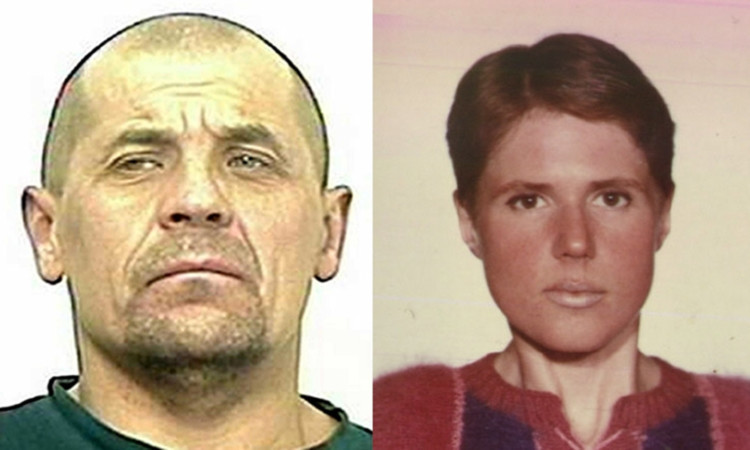A killer in the infamous Angus head-on-the-beach case will learn his homeland fate next month.
Former Red Army soldier Vitas Plytnykas is now being held in a Lithuanian jail following his deportation from Scotland last month, almost five years into a life sentence imposed at the High Court in Edinburgh for the horrific murder of fellow countrywoman Jolanta Bledaite.
Plytnykas, 46, and Aleksandras Skirda bound and gagged the quiet and hard-working Jolanta at a flat in Brechin in an effort to extort money from her.
The pair then suffocated her before dismembering the 35-year-old’s body and transporting parts of it across Angus to dump in the sea at Arbroath.
A murder hunt was sparked following the discovery by two young sisters of Jolanta’s head on the Arbroath foreshore.
Plytnykas, who was attacked in Perth prison while on remand and also went on hunger strike in jail, was sentenced to a minimum 28-year term in 2009.
In July last year, the killer, who was also jailed for more than seven years for a killing in Germany in 2001, requested a transfer to a Lithuanian prison.
The Lithuanian Ministry of Justice has now confirmed that a decision on how long Plytnykas will spend behind bars is to be taken on April 9.
A spokesman said: “The judgment of the competent court will be enforced pursuant to Article 9.1(b) of the European Convention on Transfer of Sentenced Persons. It is exclusively up to the court of the Republic of Lithuania to decide upon the length of the sentence. Part of the sentence carried out in Scotland will be included into the term of the sentence.
“If the court decides that the length of the sentence is up to 20 years, Vitas Plytnykas will be eligible for conditional release after serving part of the sentence. The Ministry of Justice of the Republic of Lithuania cannot specify the exact point in the sentence at which Vitas Plytnykas would be considered for release due to the fact that at the moment the basic circumstances are not known (the length of the sentence and his behaviour,) and, moreover, it is up to the court to take a decision on this issue.”
The spokesman added: “In case the court will decide to apply the maximum, life imprisonment, Vitas Plytnykas will not be eligible for conditional release, as the law does not provide for conditional release for a person sentenced for a life imprisonment.
“The sentence of life imprisonment can be commuted by the act of amnesty of the Seimas (Parliament) or by the decree of the president. Where a sentence of life imprisonment is commuted to a term of years, the term of the commuted sentence may not be shorter than 25 years.”
